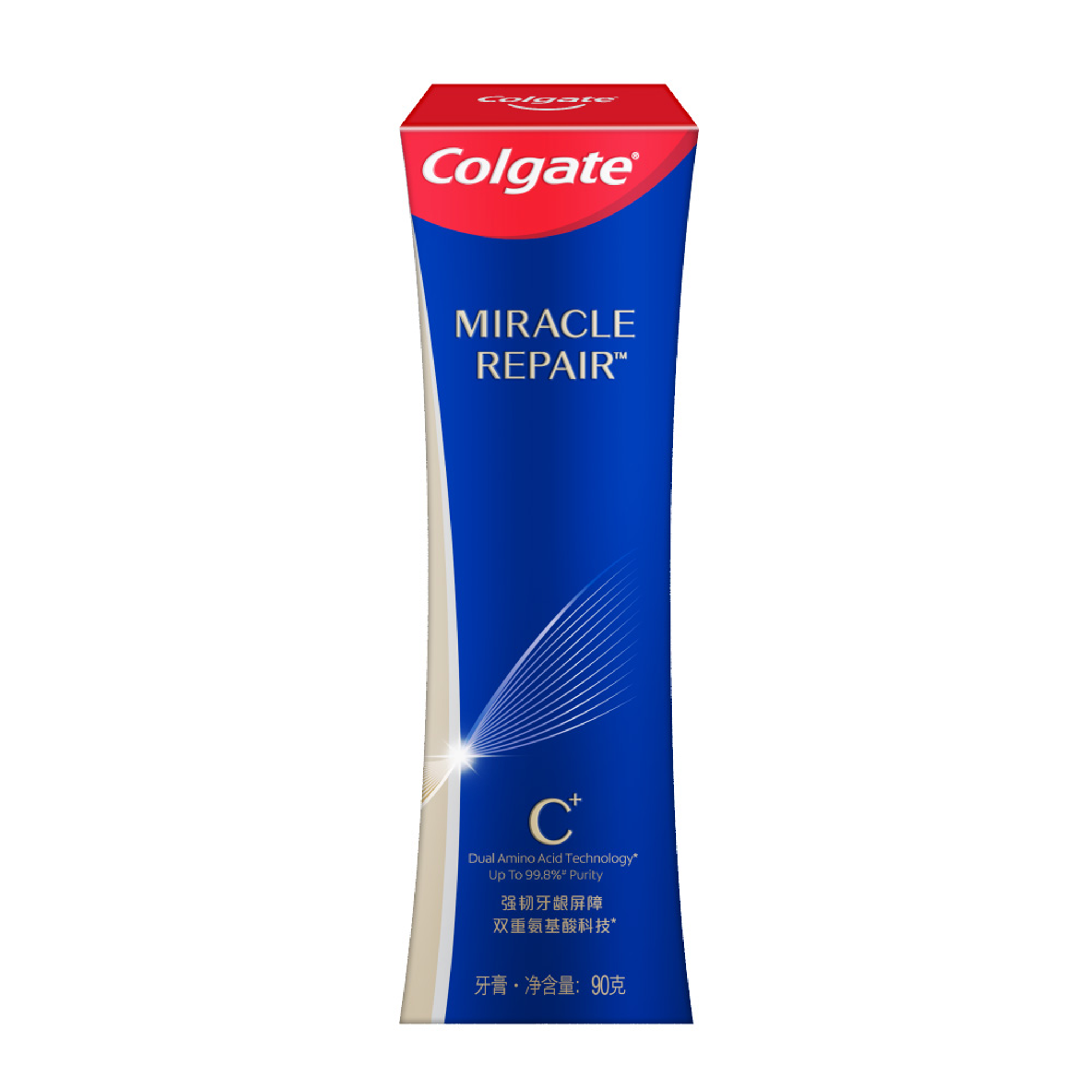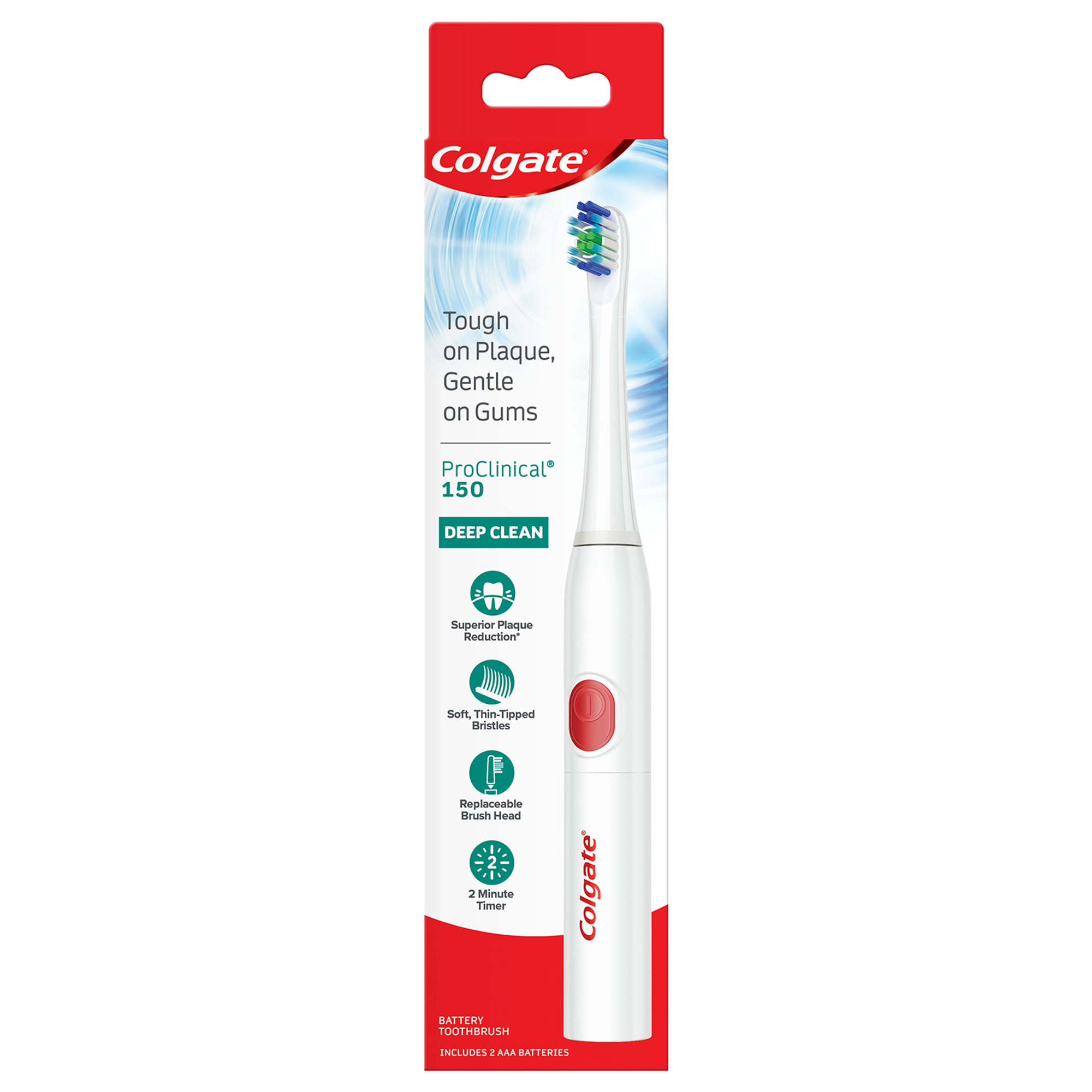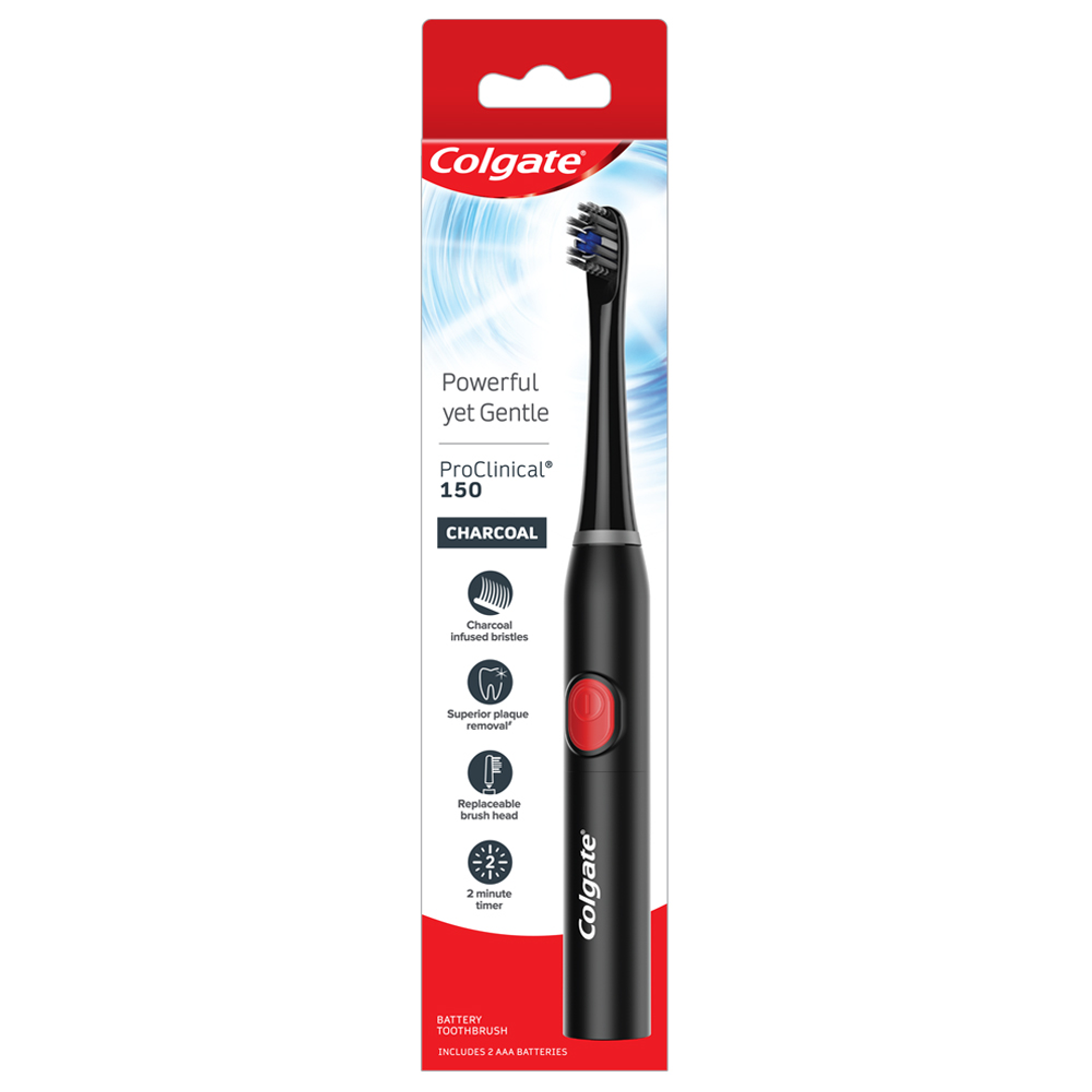-
-

FLUORIDE
Discover how stannous fluoride toothpaste prevents cavities and other oral health issues. Learn the key benefits of fluoride for teeth and its best uses.Fluoride plays a vital role in oral healthcare...

TEETH WHITENING
Teeth Whitening Serum for a Brighter, Confident SmileWho does not want whiter and brighter teeth? Thanks to the many teeth-whitening products available today...
-
Science & Innovation
- ORAL HEALTH ASSESSMENT
- Colgate® | Toothpaste, Toothbrushes & Oral Care Resources
- Oral Health
- What Can You Do About Missing Teeth?


If you don't quite have a full set of permanent teeth, you might be surprised to learn that you're in good company. In fact, the average adult who is between the ages of 20 and 64 has at least three decayed or missing teeth, according to the American Dental Association (ADA).
Whether you lost your teeth in an accident or you had them pulled, replacement teeth not only have the potential to enhance your appearance, but they may also improve your chewing and speaking. Take a look at some of the tooth replacement options your dental health care professional might recommend for you.
Dental Implants
Because it is surgically implanted, a dental implant can offer a sturdy, long-term solution for a tooth replacement. The process of getting an implant involves three stages that can take place over several months. Despite this lengthy time frame, many people choose dental implants because they're the most similar to natural teeth and they can last for many years, or even decades.
Bridges
There are several types of dental bridges, which are devices that bridge the gap where your missing tooth or teeth used to be. Unlike dental implants, which typically don't affect your surrounding teeth, bridges are often attached to your adjacent teeth for support.
If you have more than just a few missing teeth, your dental health care professional may recommend dentures, which are removable appliances that consist of numerous artificial teeth. Full dentures mimic the look and function of a full set of teeth, while overdentures will fit over a few remaining teeth. It may take some time to get used to wearing dentures, but after an adjustment period they should begin to feel comfortable and natural.
Dentures
If you have more than just a few missing teeth, your dental health care professional may recommend dentures, which are removable appliances that consist of numerous artificial teeth. Full dentures mimic the look and function of a full set of teeth, while overdentures will fit over a few remaining teeth. It may take some time to get used to wearing dentures, but after an adjustment period they should begin to feel comfortable and natural.
Related Products

Helping dental professionals
More professionals across the world trust Colgate. Find resources, products, and information to give your patients a healthier future











